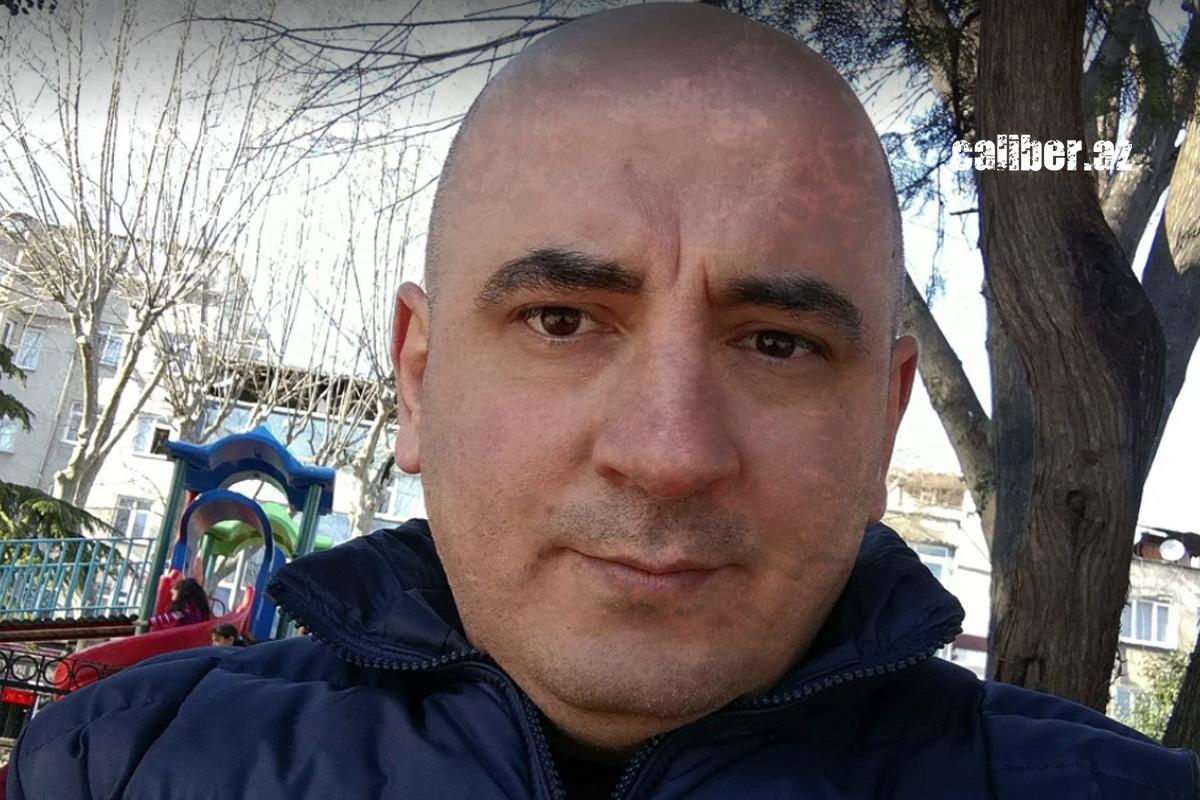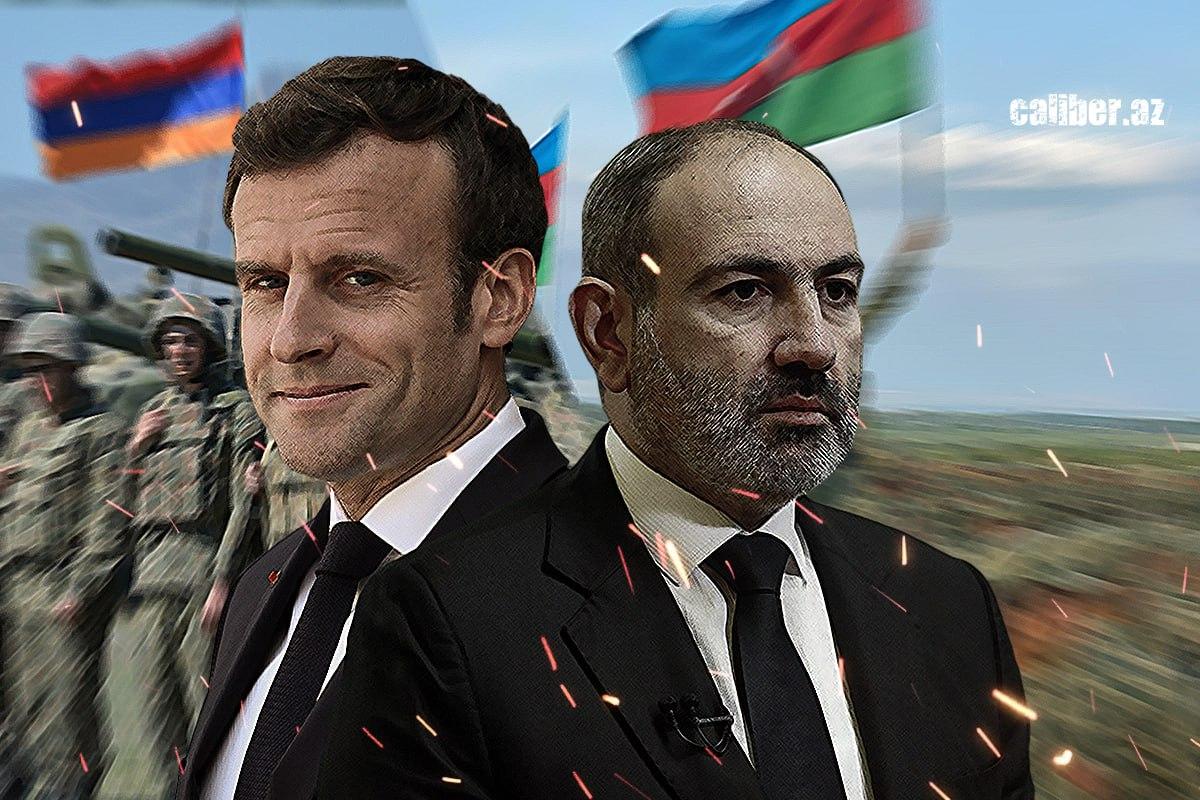When the Constitution questions a state's existence Armenia’s legal crisis
Caliber.Az presents an interview with Armenian blogger, activist and public figure Ishkhan Verdyan.
 — The Armenian authorities refuse to amend the constitution while proposing Azerbaijan to sign a limited peace treaty in the near future. What do Yerevan seek to achieve by pursuing such an illogical policy?
— The Armenian authorities refuse to amend the constitution while proposing Azerbaijan to sign a limited peace treaty in the near future. What do Yerevan seek to achieve by pursuing such an illogical policy?
— The situation regarding the Armenian Constitution is quite specific. The key point is that this document not only contradicts Armenia's national security within the framework of international law, but it also provides tools and conditions for those working against the statehood of the country. To put it plainly, Armenia's fundamental law calls into question the very existence of the state, which poses a significant problem for a country that has chosen a different, legitimate path for its development. In this context, the process of amending the constitution should be declared by the government as a top priority.
However, this is not happening, largely due to the Armenian approach to life, where any proposal put forth by Azerbaijan is automatically deemed unacceptable. Unfortunately, it must be acknowledged that this harmful practice remains relevant in Armenia, and even Prime Minister Pashinyan adheres to it, particularly on key issues. From Armenia's perspective, Azerbaijan should not take any initiative, even a positive one. Because if a positive initiative is acknowledged, it will be seen by Armenians as a "dance to Baku's tune." I have always reassured my Azerbaijani friends that everything would be fine, but I never imagined such a level of loss of rationality. Armenia, which is moving towards peace, should not treat the country with which it seeks peace in this manner. Therefore, I call for common sense, including from the pages of Azerbaijani publications.

I believe that Nikol Pashinyan still continues to inadequately assess the situation concerning Azerbaijan, which is why he makes strange statements. He seems to think that Azerbaijan will agree to sign a peace treaty without changing the preamble of the constitution, because, in the Armenian interpretation, the territorial integrity of Azerbaijan is an unimportant matter, and discussions on this topic can be postponed. It would be different if he refrained from proposing to sign a flawed document and instead suggested solidifying the agreements already reached. However, even for this, a fundamental reassessment of Armenian society's understanding of the nature of Armenian-Azerbaijani hostility is necessary.
— What do you think Nikol Pashinyan brought back to Yerevan from Paris?
— He can't bring anything good back from Paris, to begin with. If there are no news updates following his visit, that in itself would be good news.

— What do you think about the recent information from Director of the Federal Security Service (FSB) of Russia, Alexander Bortnikov, regarding the West's desire to deploy a NATO contingent in the South Caucasus?
— Geography tells us that if Armenia decides to host NATO troops, they will most likely be Turkish forces. The issue of deploying Turkish troops on Armenian territory belongs to a completely different reality of regional cooperation, which Armenia is not yet prepared for.
— How do you see the future of Armenian-Russian and Armenian-Iranian relations in light of Armenia's active rapprochement with the West
— Armenian-Russian relations are undergoing an obvious transformation. This is an active and dynamic process unfolding before our eyes. In fact, the nature of Armenian-Russian relations could influence the map of influence zones in the region, so making any predictions at this point would be premature. Given that Armenia relies on Russia for its food security and considering the level of integration of Russian systems into Armenian reality, distancing itself from Russia seems practically impossible. This is especially true if Armenia continues to maintain an inadequate position regarding Azerbaijan.








